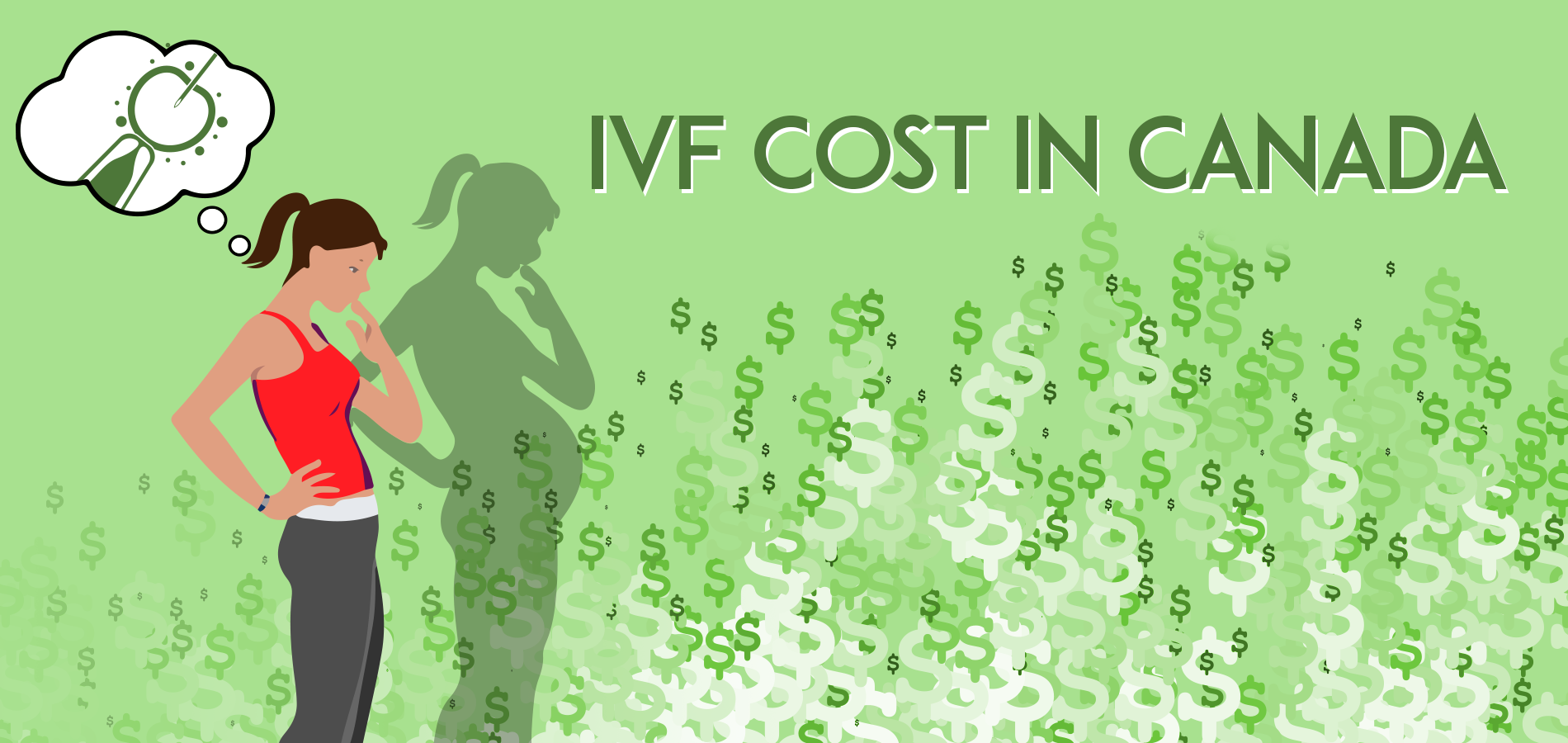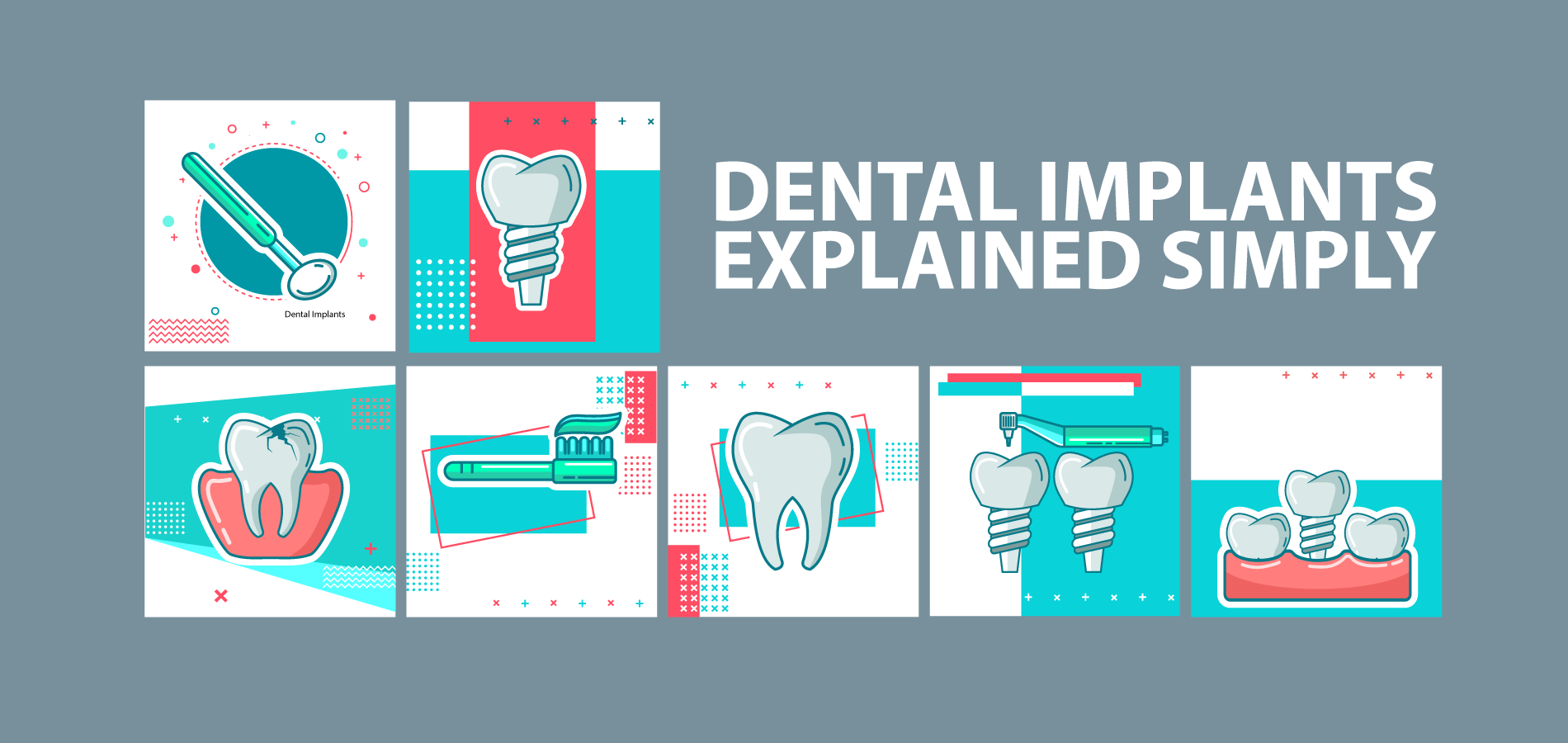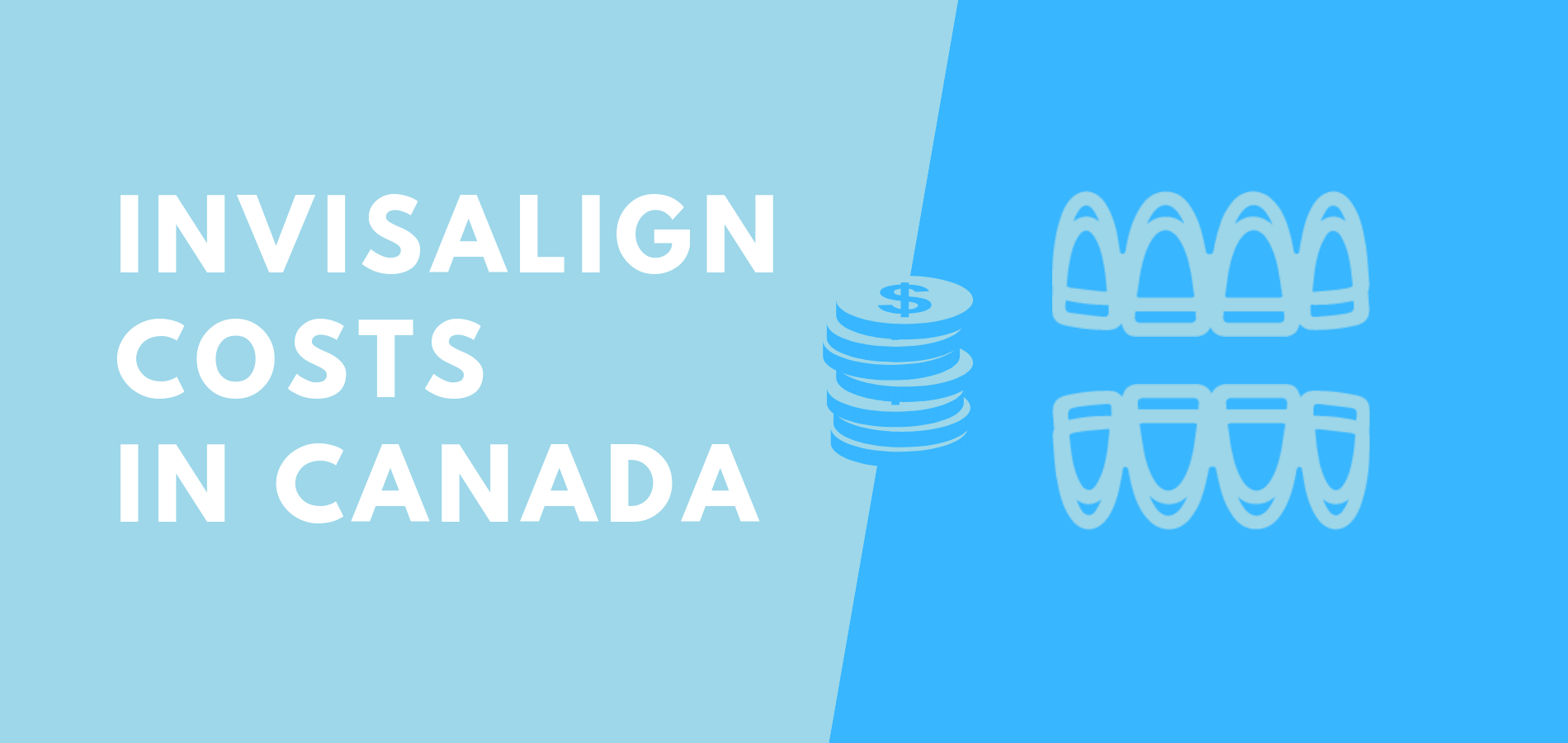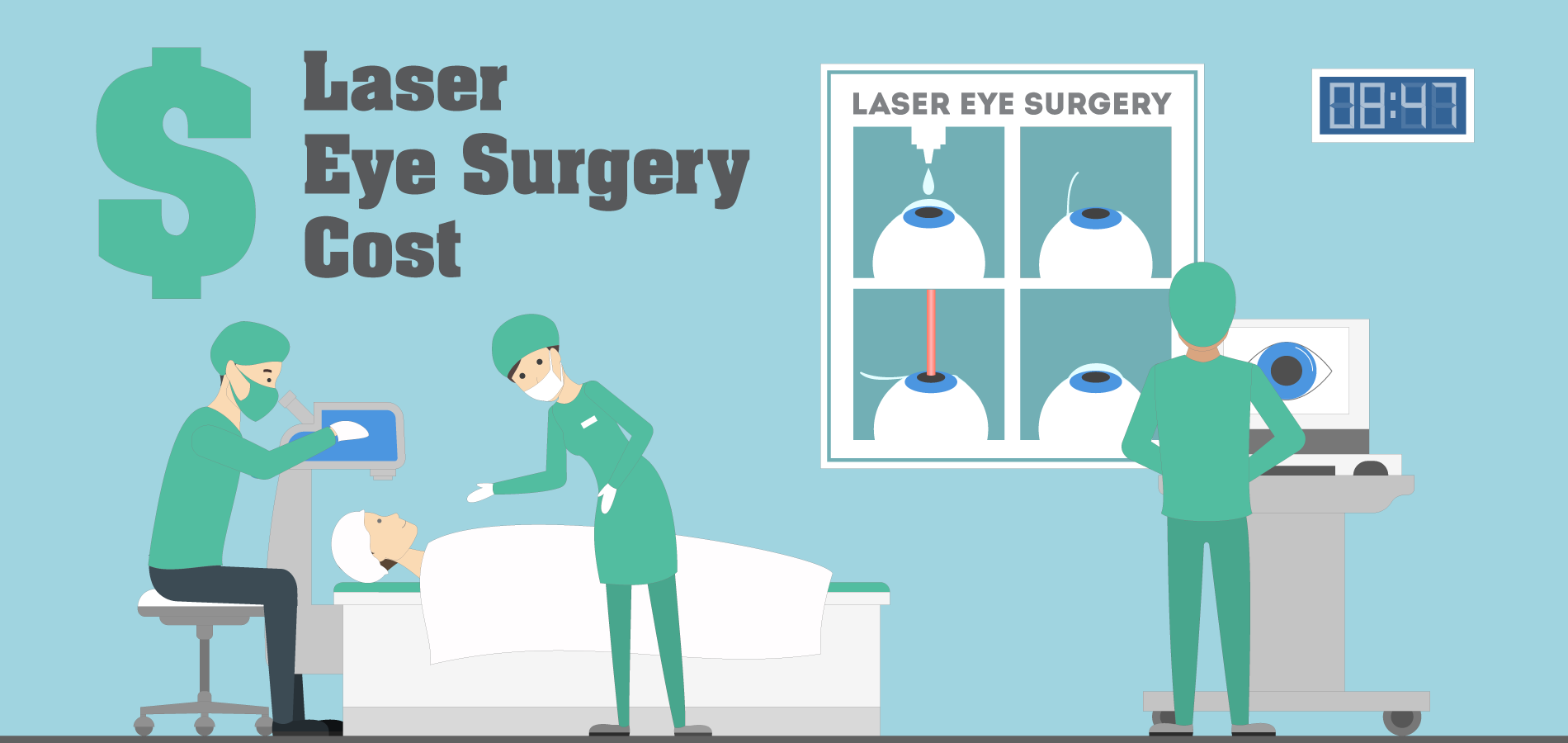Several procedures and medications are required in a cycle of IVF and often more than one cycle is required to achieve results. In my research to find out how much IVF costs in Canada, and how to financially plan for those costs, I have discovered 5 things that you should know:
In vitro fertilization (IVF) is an assisted reproductive technology (ART) that people seek out as a treatment for infertility. The cost for IVF in Canada can become exponential and out of reach for some couples, and there is no guarantee that it will be successful, however, it can significantly increase the probability of getting pregnant. It is important to consult with a physician that you trust who can discuss your specific case and explore if IVF is the right option for you. When considering the cost of IVF in Canada, be sure to consider your tax and financing options too.
1. Cost (costs are approximate and will vary by clinic)
The approximate cost for one cycle of IVF ranges between $7,750 - $12,250 CAD. Medication alone can cost anywhere from $2,500 to $7,000+.
2. What can impact the cost of IVF?
- Number of IVF cycles needed (this can vary due to certain factors such as age, medical history, current medical conditions, and lifestyle (smoker/non-smoking, alcohol consumption, diet, fitness level).
- Fertility medication (dosage and brand of medication- generic vs non-generic option).
- Whether or not surrogacy is required.
- Costs will also vary between clinics (when researching options, make sure you are comparing itemized quotes).
3. What costs are covered by Provincial Healthcare in Canada?
There are currently four Canadian provinces that provide financial assistance to residents who are going through fertility treatments.
- Ontario: Provincial Healthcare covers one IVF cycle per lifetime for all female patients under the age of 43 who are in need of fertility treatment. To be eligible, you must also hold a valid Ontario health card. Drugs are not covered under this provincial plan.
- Manitoba: Fertility Treatment Tax Credit is worth 40% of treatment costs including IVF to a max of $8000 per year.
- New Brunswick: Infertility Treatment - Special Assistance Fund provides a one-time maximum grant of $5,000 towards infertility treatment. Qualified residents can claim 50% of eligible incurred costs up to a lifetime max of $5000.
- Quebec: Tax Credit for the Treatment of Infertility.
4. At the very least, you can submit medical expenses from IVF under the Medical Expense Tax Credit (METC) through your income taxes.
You can claim medical expenses you’ve paid for yourself, your spouse or common-law partner and certain related persons (any dependents who are listed on your income tax forms)
- Total eligible medical expenses must first be reduced by 3% of your net income or $2,268 (2018), whichever is less (similar to a deductible). The tax credit on the amount remaining is dependent to your provincial and federal marginal tax rate. You can calculate your approximate credit here.
5. Other ways you can pay for IVF
- Private Grants:
- Insurance: There may be partial coverage for some expenses or procedures for a new diagnosis of infertility. Here is a good resource that helps navigate discussions with your insurer, it provides lists of medications and their DIN numbers along with procedures and their codes that insurance companies require to provide accurate quotes. It is important to note that it is unlikely to get private insurance for a pre-existing condition (i.e. after a diagnosis of infertility).
- Payment plans with clinics: Some clinics have arrangements with financing options that can be applied for. Terms and interest rates will vary.
- Crowdfunding: Thanks to the digital age, some people have successfully utilized crowdfunding to raise funds for IVF. There are many platforms that you can set-up a crowdfunding account to tell your story, share and garner support from your community. Here is a great article to explore crowdfunding for IVF, it outlines the premise and unpacks a few resources that can help you set-up your own account.
- Health Spending Account (HSA): An HSA converts the cost of the treatment and drugs up to the benefit limit into a tax-free benefit (this is different than submitting through the METC in that there is no deductible, and the eligible expenses are 100% tax free from the first dollar spent- up to the amount of your HSA limit). Health Spending Accounts can be set-up for any incorporated business in Canada and acts as a tax-plan converting personal medical expenses into tax-free business expenses. Try out this calculator to see how much you will save by converting your medical expenses to a pre-tax business expense here.
Note: An HSA is only available for incorporated small businesses and not available in Quebec.
Download your Free eBook — IVF in Canada: A complete Beginner's Guide

Learn more about reducing IVF costs through a Health Spending Account:

Related Reading:
Everything you need to know about Root Canal Cost in Canada
Laser Eye Surgery Cost in Canada - Guide
The Top 19 FAQ's for a Health Spending Account
My Top 5 ‘Ah ha’ Moments for Group Health Spending Accounts







